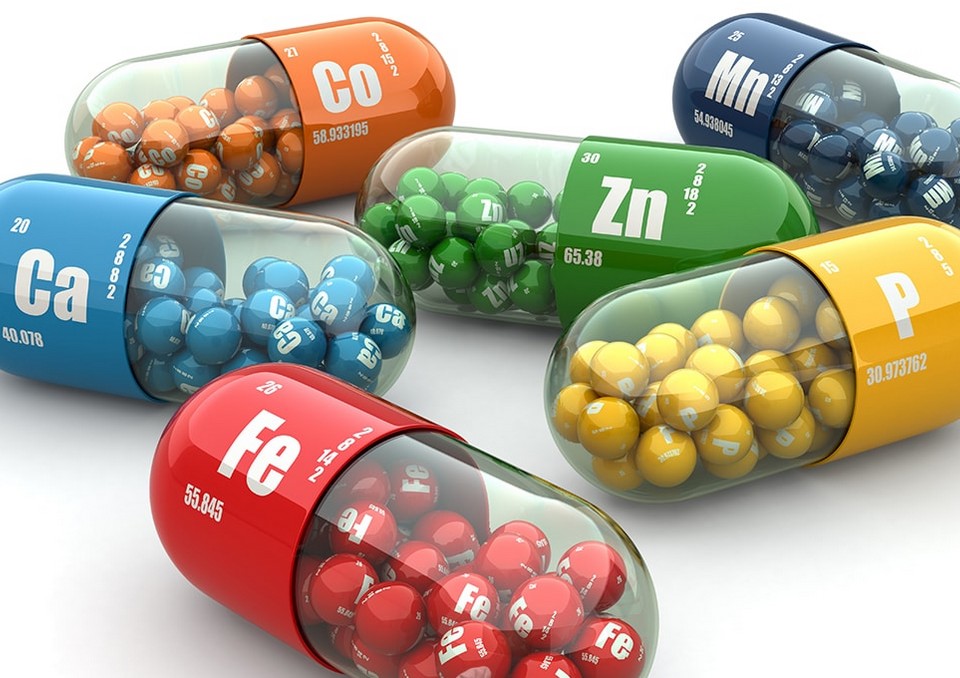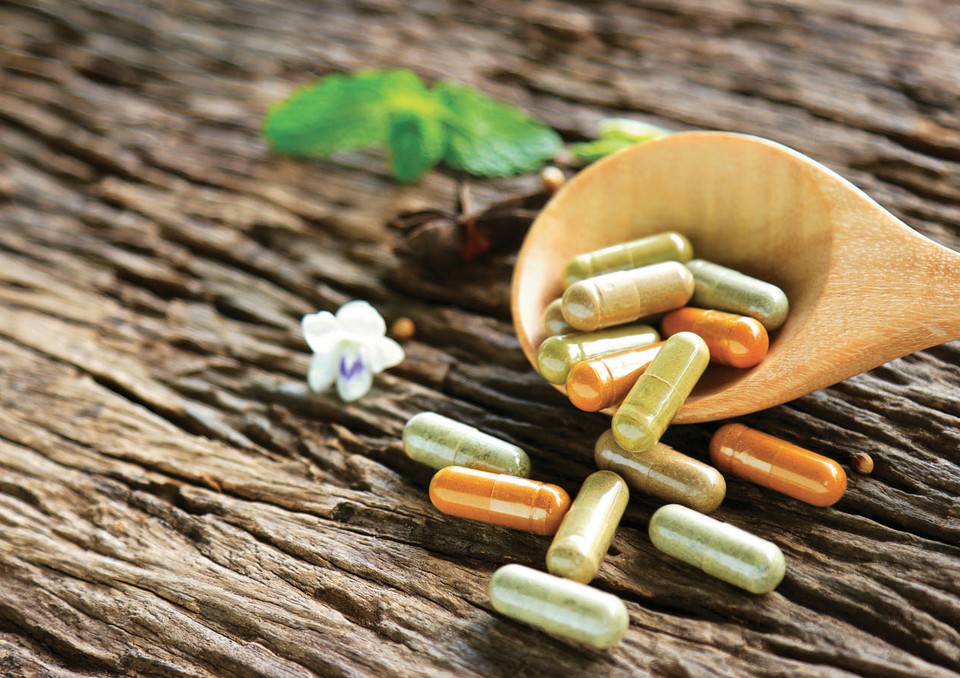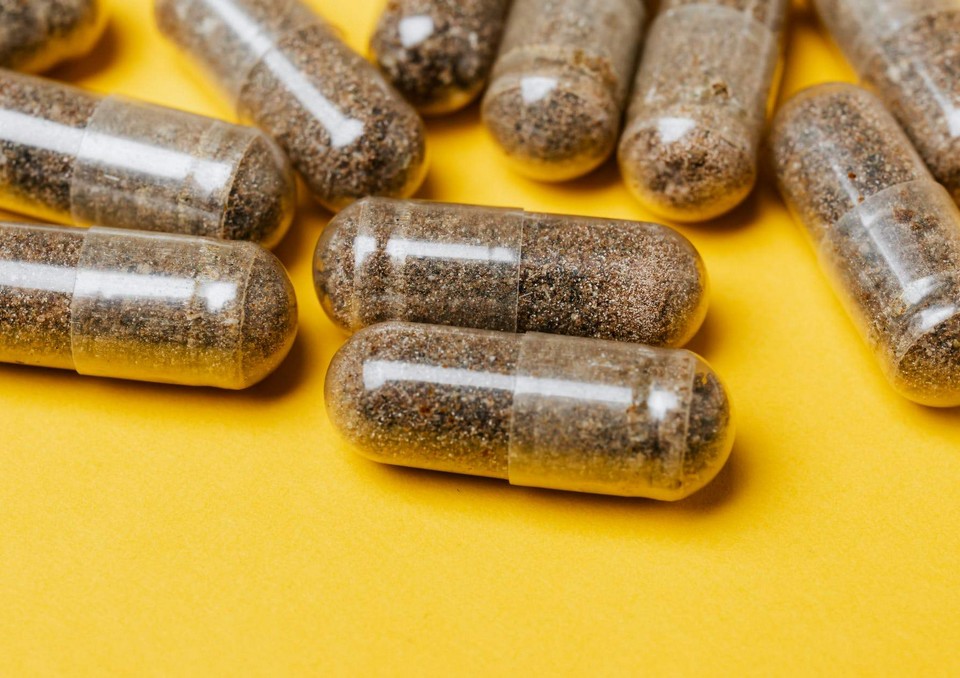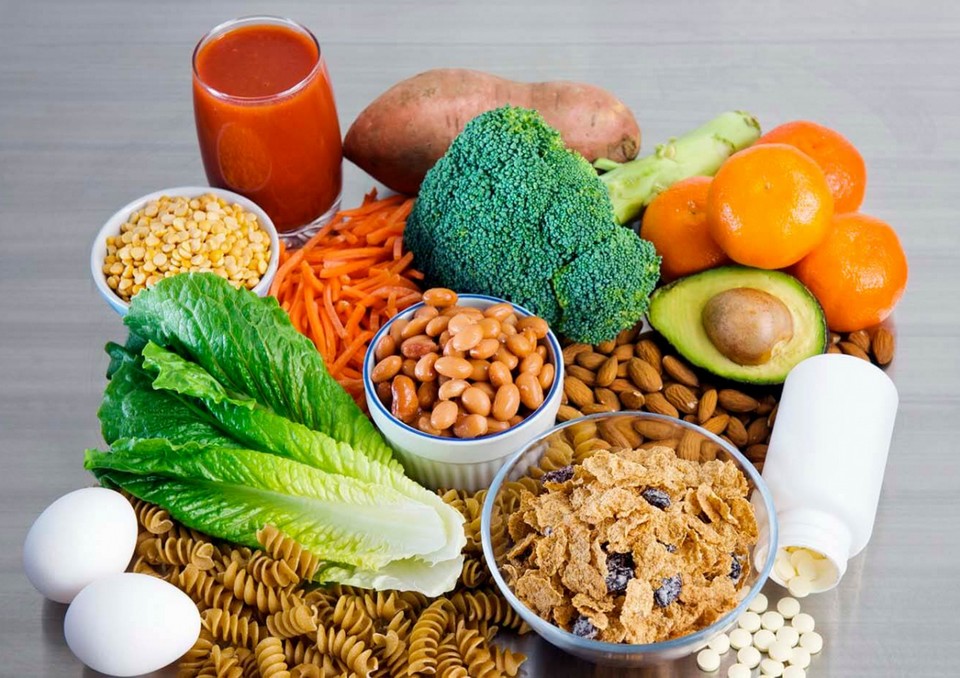For starters, a daily multivitamin can help provide a good foundation for your health. It can also protect you when you’re experiencing stress, sleeping poorly, or not getting regular exercise. Even with a “perfect” diet, these issues can make it tough for your body to properly absorb the nutrients.

Vitamin D helps our bodies absorb calcium, which is important for bone health. Not getting enough of this vitamin can increase:
While you technically should be able to get your daily vitamin D by being in the sunlight for 15 minutes, the reality is that over 40 percent of people in the United States don’t. Living in wintery locations with little sunlight, working an office 9 to 5 life, and applying sunscreen (which blocks vitamin D synthesis) makes getting vitamin D hard. This vitamin is also hard to come by in food, which is why Taub-Dix says to look for this ingredient in your multi.

Magnesium is an essential nutrient, which means that we must get it from food or supplements. Lerman notes that magnesium is best known for being important to our bone health and energy production. However, magnesium may have more benefits than that. She adds that this mineral can also:
But a lot of people are magnesium deficient because they aren’t eating the right foods, not because they need supplements. Try eating more pumpkin, spinach, artichoke, soybeans, beans, tofu, brown rice, or nuts (especially Brazil nuts) before jumping to supplements for solutions.
Over 40 percent of the U.S. populationTrusted Source doesn’t get enough calcium from their diet. This means those people aren’t getting the mineral they need for strong bones and teeth. Women in particular start losing bone density earlier, and getting enough calcium from the start is the best nutritional defense against this loss.
If your diet is rich in these foods, you’re likely getting enough calcium already.

“Zinc tends to be low in older people and anyone under a lot of stress,” says Lerman. Which, (hello!) is basically everyone. And it makes sense. Zinc supports our immune system and helps our body use carbohydrates, protein, and fat for energy. It also aids in wound healing.
The average American diet isn’t rich in foods that offer zinc, and the body can’t store zinc, which is why Lerman recommends your daily supplements highlight this ingredient.
“Iron should be in your multivitamin, but not everyone needs the same amount of iron,” Lerman advises. Some of the benefits of iron include:
Those who eat red meats typically get enough iron, but certain circumstances like having your menstrual cycle, going through puberty, and being pregnant may increase the amount of iron you need. This is because iron is essential during times of rapid growth and development. Vegetarians and vegans may also want to make sure their multivitamin has iron, especially if they’re not supplementing meat with other iron-rich foods.

Folate (or folic acid) is best known for aiding in fetus development and preventing birth defects. But if you’re growing out your nails, fighting depression, or looking to combat inflammation, this ingredient is important, too.
The B-vitamin complex is like a factory made up of eight diligent workers who band together to create and sustain our body’s energy supply by breaking down the micronutrients we consume (fats, proteins, carbs).
But each has a specialized role, too. Lerman says that specifically, vitamin B-12 works to keep the body’s nerve and blood cells healthy and helps make DNA, the genetic material in all cells. Vegan or vegetarians are prone to vitamin B-12 deficiency because most food sources are animal-based like meat, poultry, fish, and eggs.